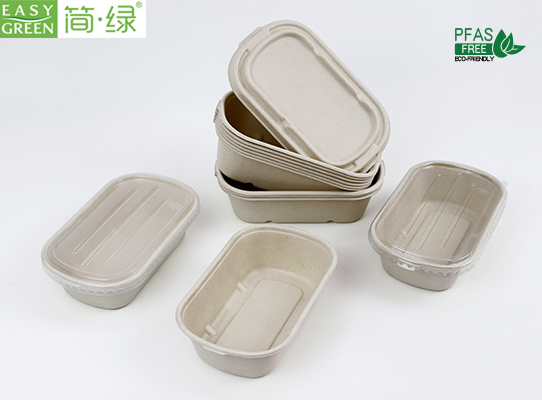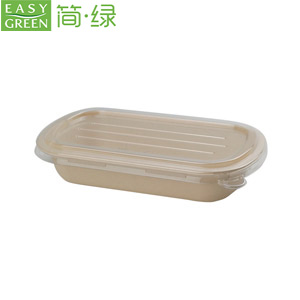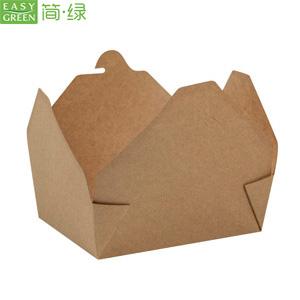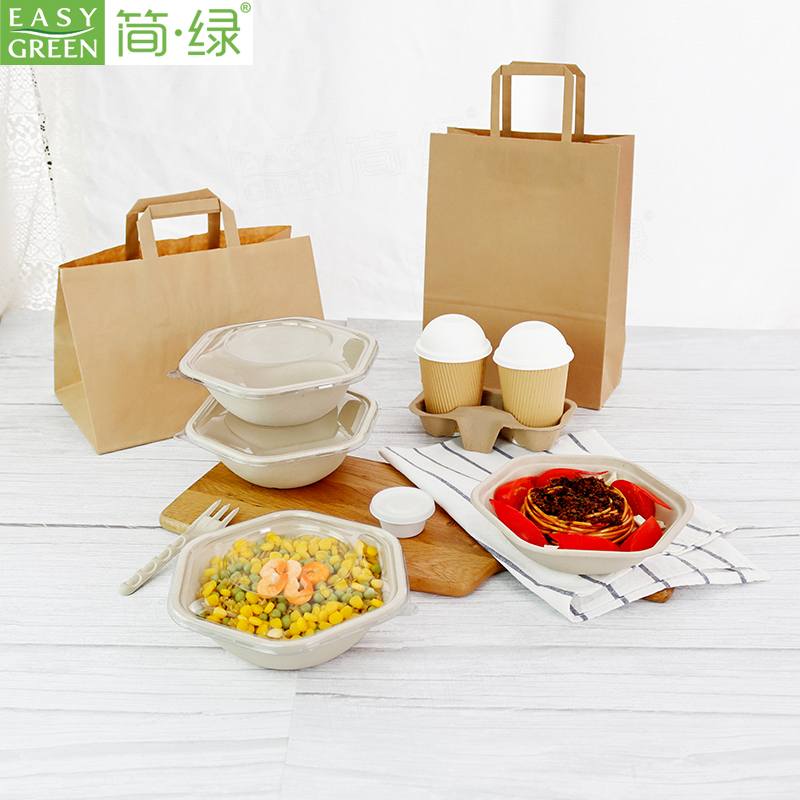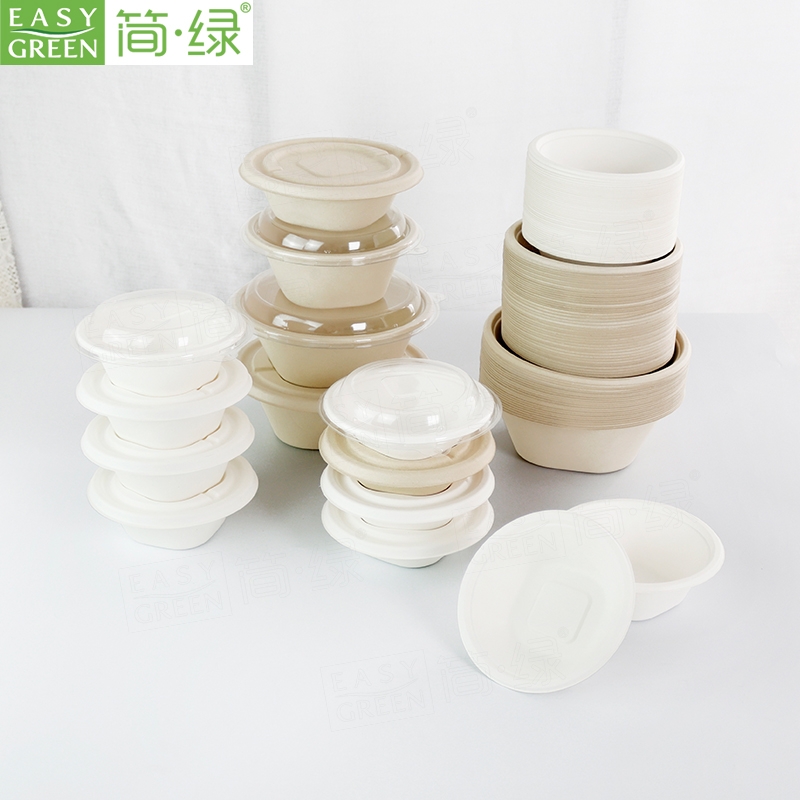In recent years, there has been a growing concern about the environmental impact of packaging, particularly in the food industry. From plastic bags to disposable containers, packaging waste has become a significant contributor to pollution and landfill overcrowding. However, a new solution has emerged - biodegradable packaging for food products. This innovative approach to packaging aims to reduce the harmful effects on the environment by providing a sustainable alternative that breaks down naturally over time. In this blog post, we will explore the benefits and challenges of implementing biodegradable food packaging, highlighting its potential to make a positive impact on our planet.
The Importance of Biodegradable Packaging for Food Products
In a world where food consumption is at an all-time high, packaging plays a crucial role in ensuring the safety and preservation of our food. However, the negative consequences of conventional packaging materials, such as plastic, cannot be ignored. Biodegradable packaging offers a sustainable alternative that not only protects our food but also minimizes the harm caused to the environment. By using biodegradable materials, food companies can contribute to a cleaner and greener future.
How Biodegradable Food Wrappers Work
Biodegradable food wrappers are made from organic materials that break down naturally when exposed to certain environmental conditions, such as sunlight, moisture, and microorganisms. These materials can include plant fibers, compostable plastics, or even mushroom-based packaging. Unlike traditional packaging, which can take hundreds of years to decompose, biodegradable food wrappers can disappear within months or even weeks. This ensures that the packaging waste does not linger in landfills or oceans, reducing the overall environmental impact.
The Benefits and Challenges of Biodegradable Packaging
One of the notable benefits of biodegradable packaging is its reduced carbon footprint. As the materials used in biodegradable packaging originate from renewable resources, they contribute less to greenhouse gas emissions compared to conventional plastics. Biodegradable packaging also has the potential to enhance composting efforts, allowing food waste and its packaging to be disposed of together. This streamlines the waste management process and promotes a circular economy.
However, there are also challenges associated with biodegradable packaging. Firstly, some biodegradable materials require specific conditions, such as high temperatures or industrial composting facilities, to properly break down. If these conditions are not met, the packaging may not decompose as intended. Additionally, the cost of producing biodegradable packaging is often higher than traditional packaging, which can discourage widespread adoption. Overcoming these challenges will require further research, innovation, and collaboration within the industry.
Making a Difference: Choosing Biodegradable Food Wrappers
As consumers, we have the power to make a difference by actively choosing biodegradable food wrappers. By supporting brands that prioritize sustainability and invest in eco-friendly packaging, we can encourage the widespread adoption of biodegradable materials. Additionally, advocating for stricter regulations and policies surrounding packaging waste can push companies towards more sustainable options. Together, we can create a future where biodegradable packaging for food products becomes the norm, reducing our environmental impact and preserving the planet for future generations.
In conclusion, biodegradable packaging for food products offers a promising solution to the environmental problems associated with conventional packaging materials. By utilizing organic materials that break down naturally, biodegradable food wrappers can help reduce pollution, alleviate the strain on landfills, and minimize greenhouse gas emissions. While challenges remain, such as specific decomposition conditions and cost considerations, the potential long-term benefits make biodegradable packaging a worthwhile investment. Let us embrace biodegradable packaging and contribute to a healthier and more sustainable planet.
 English
English 
